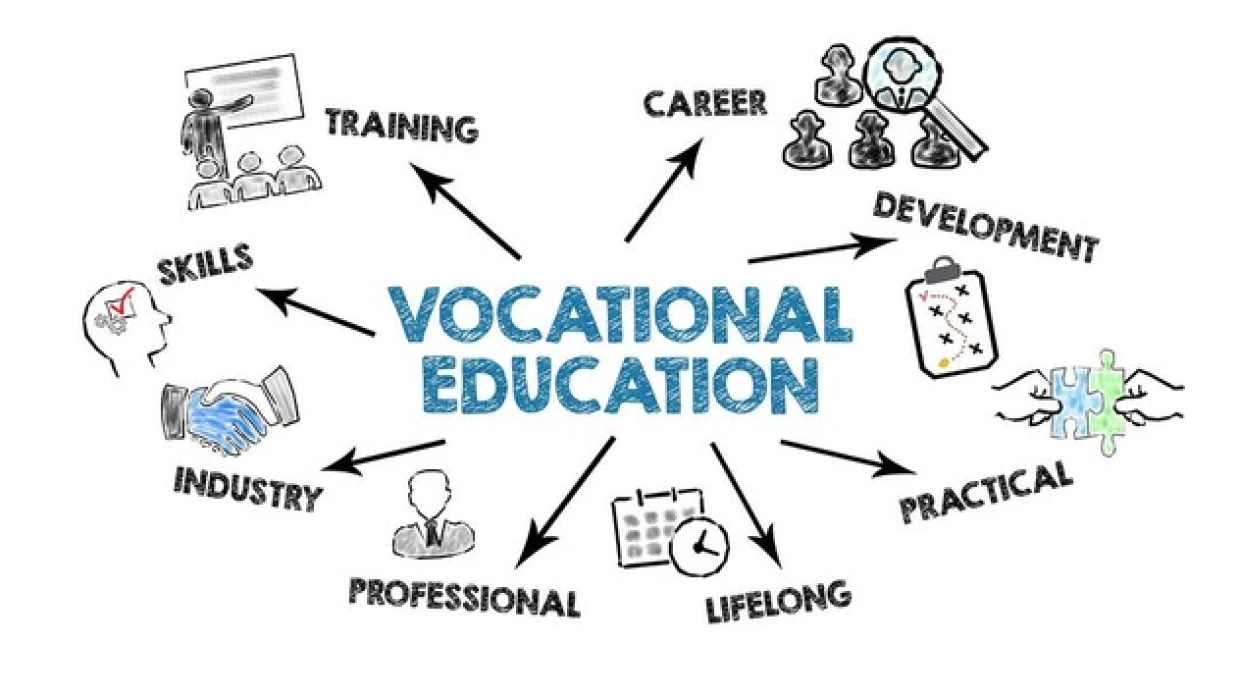Real Estate Market Trends to Watch
Mia Wilson

Photo: Real Estate Market Trends to Watch
Real Estate Market Trends to Watch in 2025: Key Insights for Investors and Homebuyers
The real estate market is a dynamic and ever-evolving sector influenced by numerous factors, including economic trends, technological advancements, and changes in buyer behavior. As we enter 2025, staying informed about emerging real estate market trends is crucial for investors, developers, and homebuyers. This article delves into key trends shaping the real estate landscape and offers insights into what to expect in the coming months.
1. The Rise of Suburban Living Continues
Over the past few years, a noticeable shift towards suburban living has taken place, driven by changing work patterns and the increasing desire for space. Remote work, initially prompted by the pandemic, has become a permanent fixture for many industries, enabling workers to live farther from urban centers. Suburban areas offer larger properties, lower costs of living, and improved quality of life, making them an attractive option for families and professionals alike.
In 2025, this trend is expected to continue as developers focus on building communities that blend suburban charm with urban convenience. Mixed-use developments that include residential, commercial, and recreational spaces are likely to gain traction, offering a holistic lifestyle for residents.
2. The Impact of Higher Interest Rates on Housing Demand
The real estate market has historically been sensitive to interest rate fluctuations. Over the past year, central banks have raised interest rates to curb inflation, resulting in higher mortgage costs. This trend has led to a decline in housing affordability, particularly in high-demand markets.
In 2025, potential buyers may find themselves facing stricter lending requirements and higher monthly payments. However, this could present an opportunity for investors looking to acquire properties at a lower price point, as some sellers may lower their asking prices to attract buyers. Understanding how interest rate trends affect market behavior is essential for making informed investment decisions.
3. Sustainability and Green Building Practices Gain Momentum
Environmental concerns and regulatory changes have propelled the adoption of green building practices in the real estate industry. From energy-efficient designs to sustainable materials, developers are increasingly prioritizing eco-friendly construction methods. Additionally, smart home technology that enhances energy management is becoming more common, appealing to environmentally conscious buyers.
Governments and local authorities are also offering incentives for sustainable building projects, including tax breaks and grants. This trend is expected to accelerate in 2025 as climate change remains a pressing global issue.
Key Insight: Investors and homebuyers should look for properties that incorporate sustainable features, as these homes are likely to command higher resale values and lower utility costs in the long run.
4. Demand for Multifamily Housing Increases
Multifamily housing, particularly in metropolitan areas, is witnessing growing demand due to rising rental costs and the influx of young professionals and students. With single-family homes becoming less affordable, many people are turning to rental options as a practical solution.
In response, developers are focusing on multifamily units with amenities that enhance the tenant experience, such as shared coworking spaces, fitness centers, and rooftop gardens. For investors, multifamily properties offer stable cash flow and the potential for long-term appreciation.
5. Technology Transforming Real Estate Transactions
Technology continues to revolutionize the real estate industry, from property searches to transactions. Digital platforms have made it easier for buyers to browse listings, schedule virtual tours, and close deals without ever stepping foot on the property. Blockchain technology is also being explored for its potential to streamline property transactions by offering secure and transparent record-keeping.
In 2025, expect further advancements in proptech (property technology), such as AI-driven market analysis tools, virtual reality (VR) tours, and automated property management solutions. These innovations aim to simplify the buying, selling, and renting processes while improving overall market efficiency.
6. Urban Revitalization and Adaptive Reuse Projects
Urban areas that have experienced population decline or economic downturn are seeing a resurgence in interest, thanks to urban revitalization initiatives. Developers are increasingly investing in adaptive reuse projects, where old industrial buildings are transformed into residential or commercial spaces.
This trend not only preserves the historical character of neighborhoods but also meets the growing demand for unique living spaces. Cities like Detroit, Pittsburgh, and Cleveland have been at the forefront of this movement, and more urban centers are expected to follow suit in 2025.
7. Co-Living and Co-Working Spaces Gain Popularity
The concepts of co-living and co-working have gained traction in recent years, particularly among millennials and Gen Z. Co-living spaces offer shared housing solutions that are affordable, flexible, and community-driven, while co-working spaces provide professionals with collaborative environments outside of traditional offices.
As the gig economy expands and remote work remains prevalent, these shared spaces are likely to grow in popularity. Investors and developers can capitalize on this trend by creating properties that cater to the needs of digital nomads and young professionals.
8. Migration to Secondary and Tertiary Markets
High property prices in primary markets have driven buyers and investors to explore secondary and tertiary markets. These smaller cities and towns offer more affordable housing options, a lower cost of living, and attractive investment opportunities.
In 2025, migration to these markets is expected to increase as remote work allows people to live farther from major employment hubs. Investors looking for high-growth potential should consider markets with strong job growth, infrastructure development, and quality of life improvements.
9. Regulatory Changes and Their Impact
Real estate regulations play a crucial role in shaping market dynamics. In recent years, governments have introduced policies aimed at curbing speculative investments and ensuring housing affordability. In 2025, potential regulatory changes could include rent control measures, stricter zoning laws, and incentives for affordable housing development.
Investors should stay updated on local and national regulations that may affect their investments, as compliance and foresight can significantly impact profitability.
Conclusion: Staying Ahead of the Curve in a Changing Market
The real estate market in 2025 is poised for significant shifts, driven by economic conditions, technological advancements, and changing buyer preferences. Whether you are an investor seeking opportunities or a homebuyer looking for the perfect property, staying informed about these trends can help you make better decisions.
Key takeaways include the continued rise of suburban living, increased demand for multifamily housing, and the growing influence of technology on real estate transactions. Additionally, sustainability and urban revitalization are emerging as critical factors shaping the future of real estate.
By keeping a close eye on these trends and adapting strategies accordingly, investors and buyers can navigate the evolving market landscape and seize new opportunities as they arise.
For You
View AllExplore the steps to becoming a special education teacher and making a difference in students’ lives. Start today!
Mia Wilson
Learn why physical education is essential for health, academics, and personal growth. Get inspired to stay active!
Mia Wilson
Discover magical winter adventure destinations. From skiing to ice climbing, embrace the chill and create unforgettable memories this season!
Mia Wilson
Solo doesn’t mean lonely! Learn the best ways to meet people and build connections during your solo adventures.
Mia Wilson
Understand vocational education and how it prepares individuals for hands-on careers. Explore practical learning today!
Mia Wilson
Find out how to select the right VPS provider based on your needs.
Mia Wilson
Education
View All
April 18, 2025
What Is Special Education?
Dive into special education, its purpose, and how it supports students with unique needs. Learn how it changes lives!

April 23, 2025
What Is Vocational Education?
Understand vocational education and how it prepares individuals for hands-on careers. Explore practical learning today!

April 27, 2025
What Is Continuing Education?
Understand continuing education, its benefits, and how it boosts career growth and lifelong learning. Learn more!




